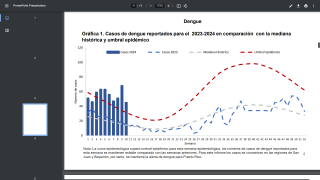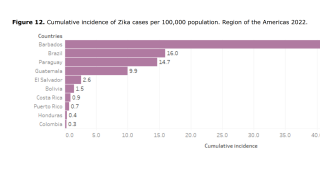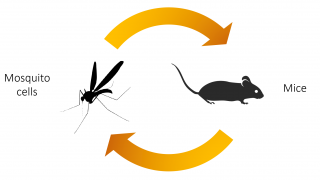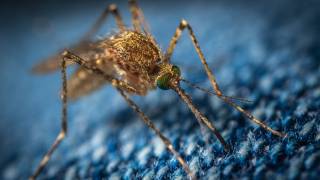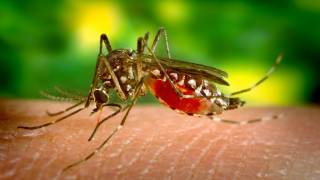Microcephaly Risk May Depend on Pregnant Women’s Antibodies
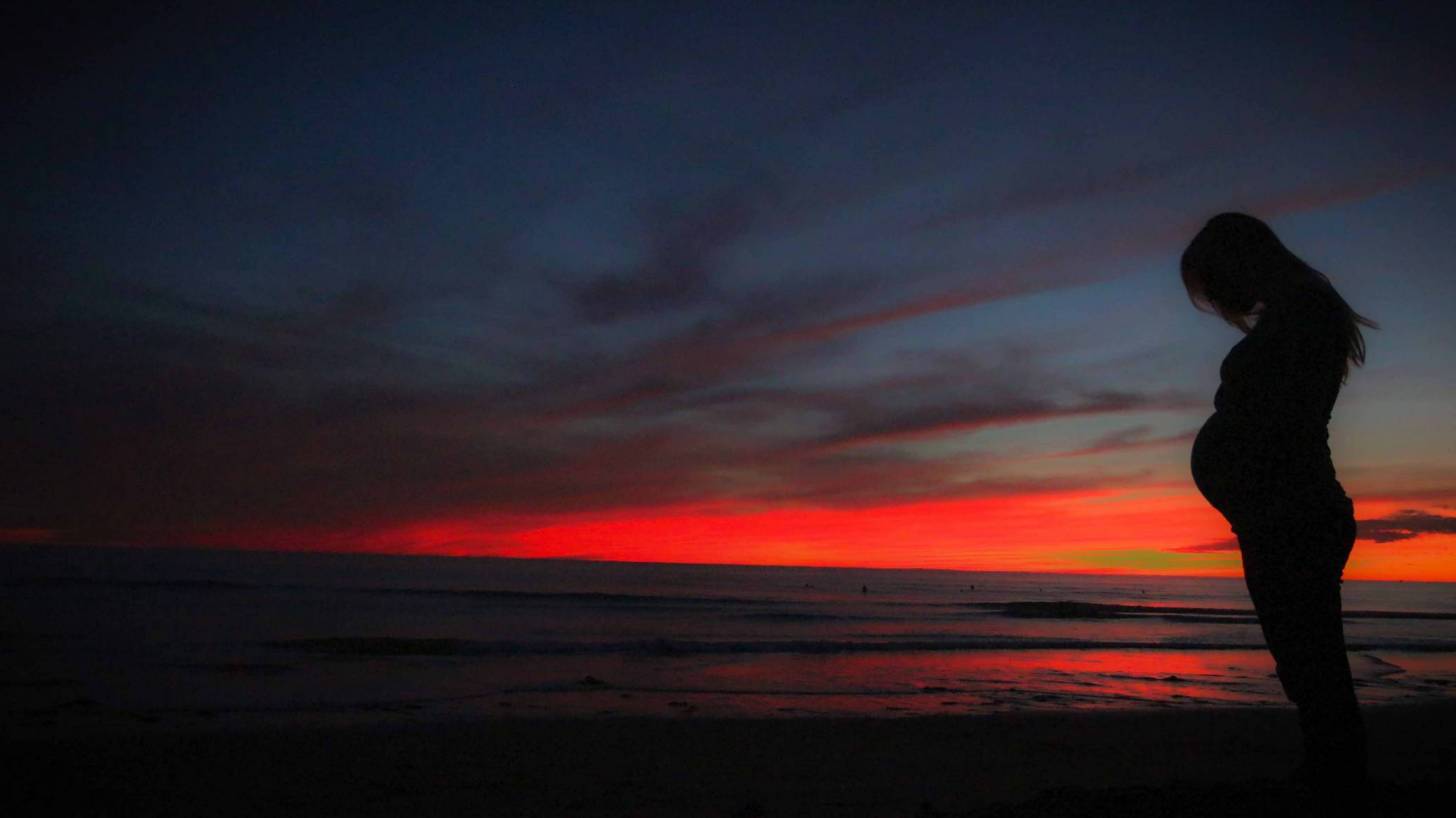
A new study suggests that the risk of developing microcephaly depends on the types of antibodies produced by pregnant mothers in response to Zika infection.
‘One thing is clear when it comes to Zika, pregnant women must do everything they can to avoid getting infected’ said a team of Rockefeller University scientists in a press release on August 15, 2019.
‘What is less clear is why many Zika-infected mothers nevertheless give birth to normal-looking children. In fact, only about 5 percent of infants delivered by women with Zika are born with microcephaly.’
Microcephaly is a condition where a baby’s head is much smaller than expected.
Microcephaly can occur because a baby’s brain has not developed properly during pregnancy or has stopped growing after birth, which results in smaller head size, says the Centers for Disease Control and Prevention (CDC).
When Rockefeller research associate professor Davide F. Robbiani, M.D., Ph.D., and his colleagues analyzed blood samples from around 150 pregnant women with the Zika virus, they found no evidence for a connection between birth defects and the history of related viruses.
Instead, these researchers discovered that antibodies generated against the Zika virus itself may be to blame.
In this study, mothers who delivered babies with microcephaly had Zika-specific antibodies which carried molecular features that seemed to correlate with the microcephaly condition.
This finding was later confirmed in animals suggesting that, rather than protecting the body from Zika, some antibodies may, in fact, help the virus enter maternal cells, increasing the risk of fetal brain damage.
“Although our results only show a correlation at this point, there could be significant implications for vaccine development,” says Robbiani, who led the international study together with Michel C. Nussenzweig, the Zanvil A. Cohn and Ralph M. Steinman Professor.
This finding is important since there is currently no approved preventive vaccine against the Zika virus.
In light of the new findings, developing a vaccine could turn out to be trickier than experts previously realized.
“A safe vaccine would need to induce the immune system to selectively produce antibodies that are protective, avoiding those that potentially enhance the risk of microcephaly,” Robbiani says.
Previously, some scientists have suggested that Zika-induced birth defects may be linked to mothers’ experiences with some other mosquito-borne viruses, including the dengue and West Nile virus, which are similar to Zika.
The reasoning went that if a woman contracted and survived the first infection with dengue, for example, and then later became infected with Zika during pregnancy, antibodies that had once fought off dengue might still be in her system.
Such antibody remnants were suspected to be capable of reacting against the Zika virus in an undesirable way, harming the baby rather than protecting it or the mother from the disease.
However, a new study published on August 4, 2019, found that a previous infection with either the Zika or dengue virus within the last year had no apparent effect on the patient’s current clinical course of subsequent infection with the other virus.
The Rockefeller researchers said they are ‘conducting further research to establish which types of antibodies might be harmful to unborn babies, and by what mechanisms they promote fetal damage.’
To alert women in the USA, the CDC issued a travel alert during January 2016 for areas of the world where the Zika virus is circulating.
This CDC alert recommends that pregnant women avoid travel to certain areas with Zika and that women considering pregnancy consult their healthcare providers before traveling to those areas.
Unfortunately, as of July 16, 2019, the CDC and the states of Florida (26), California (21), Utah (1) and Nebraska (1) have reported 49 travel-related Zika cases this year.
Moreover, Florida has confirmed 16 pregnant women with the Zika virus in 2019.
Our Trust Standards: Medical Advisory Committee


